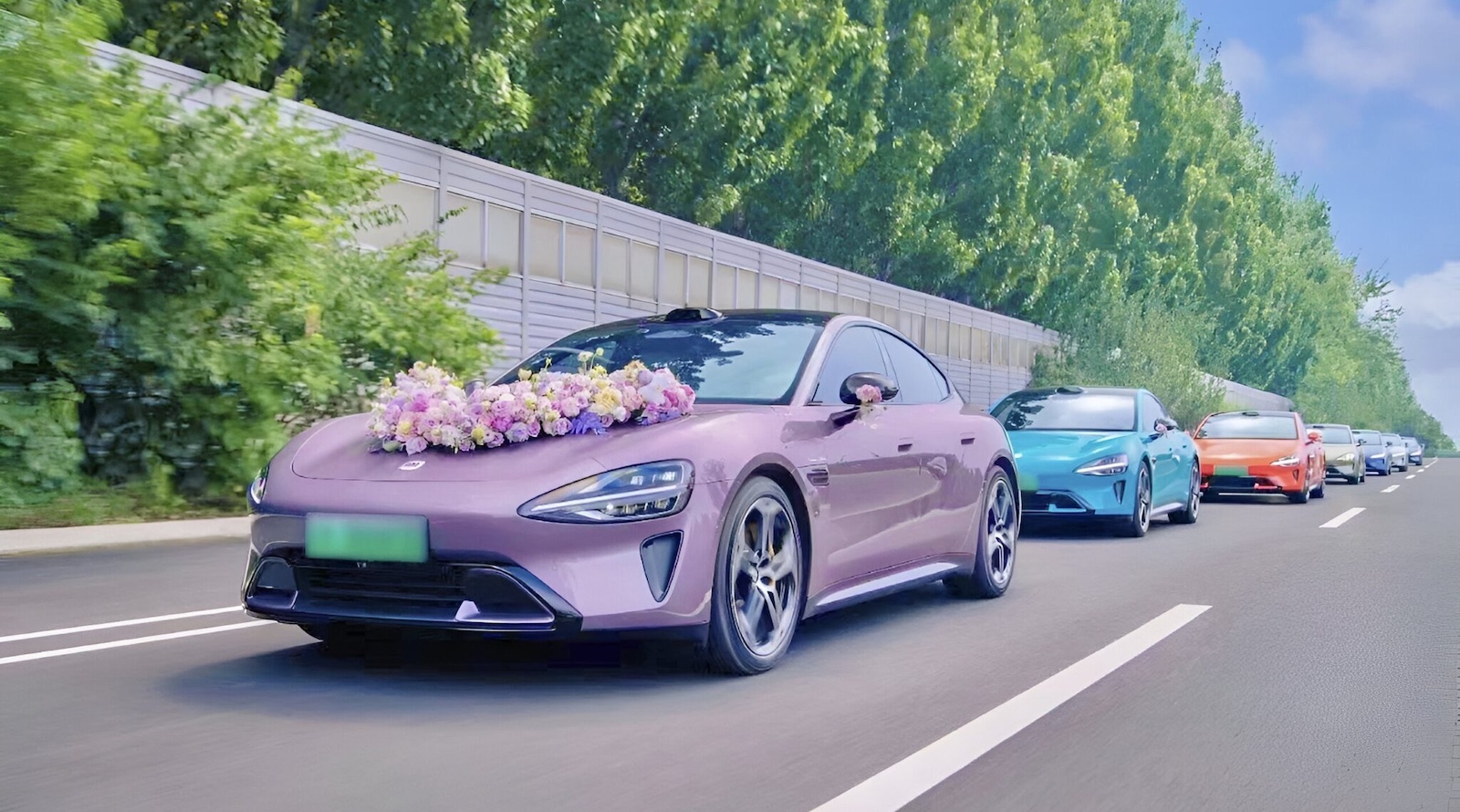
Last Updated on: 30th May 2025, 11:05 pm
One of the prime ways Tesla has been able to grow its sales so much over the last decade is through it’s extreme popularity in China. Knowing some Chinese people and a little bit about the culture, my understanding is that Chinese consumers are very brand oriented — even more than the average American. They are also often eager to get the latest new tech. So, with Tesla’s birth and rise as a cool car company that creates computers on wheels, it became very popular in China years ago. Couple that with the fact that the Chinese government prioritized and incentivized transitioning from fossil-fueled cars to electric cars more than most places, throw in the deference Chinese citizens give to government leaders, and you get the extreme success of Tesla in China.
However, it’s 2025, not 2020. While Tesla was the clear EV leader globally in 2020 and Chinese auto companies were more focused on selling small, cheap electric cars, a lot has changed in five years. Chinese EV leaders are rapidly innovating and are creating the most compelling packages on the market. Chinese consumers seem more and more happy or eager to buy from Chinese companies, too.
Now, a report is out from UBS showing that consumer interest in buying a Tesla has dropped considerably in the past two years in China, while consumer interest in buying an EV from BYD and Xiaomi has grown. Tesla has dropped from the second most desired EV seller in January 2023 to the third most desired EV seller today, and while it was close to BYD in consumer interest in January 2023, it’s not even in the same time zone today.

Actually, if you go back even further, to Tesla’s brand peak around January 2021, consumer interest in buying a Tesla has dropped from about 47% of respondents to about 31% of respondents.
More broadly, interest in buying an EV from several leading brands has declined along a similar curve. It appears that BYD and Xiaomi have just gobbled up consumer interest, at the cost of most other brands.
“In China, we see intense competition and Tesla is no longer seen as the technology leader,” a research note from UBS stated.
Considering that China is Tesla’s second largest market, only behind the US, and is a leading driver of EV sales globally, this is a trend that could really sting if it continues. Tesla bulls expect Tesla to bounce back and regain brand strength and sales in China, particularly with a potential new model, but there’s not much clear substance behind that hope. Why would it rise above Xiaomi or close the gap with BYD again? Those two companies seem to be innovating faster and rolling out new tech that makes Tesla look out of date. Also, if there’s a trend toward respecting and supporting Chinese brands, that’s a broader trend that is not going to favor Tesla.
CnEVPost has an interesting graph showing Tesla’s share of the Chinese BEV market over time, and it shows the same trend as the UBS survey.

What is going to stop and reverse the downward slope of the last four years?

Sign up for CleanTechnica’s Weekly Substack for Zach and Scott’s in-depth analyses and high level summaries, sign up for our daily newsletter, and follow us on Google News!


Whether you have solar power or not, please complete our latest solar power survey.
Have a tip for CleanTechnica? Want to advertise? Want to suggest a guest for our CleanTech Talk podcast? Contact us here.
Sign up for our daily newsletter for 15 new cleantech stories a day. Or sign up for our weekly one on top stories of the week if daily is too frequent.
CleanTechnica uses affiliate links. See our policy here.
CleanTechnica’s Comment Policy


